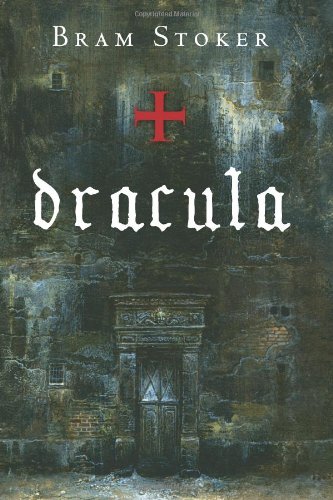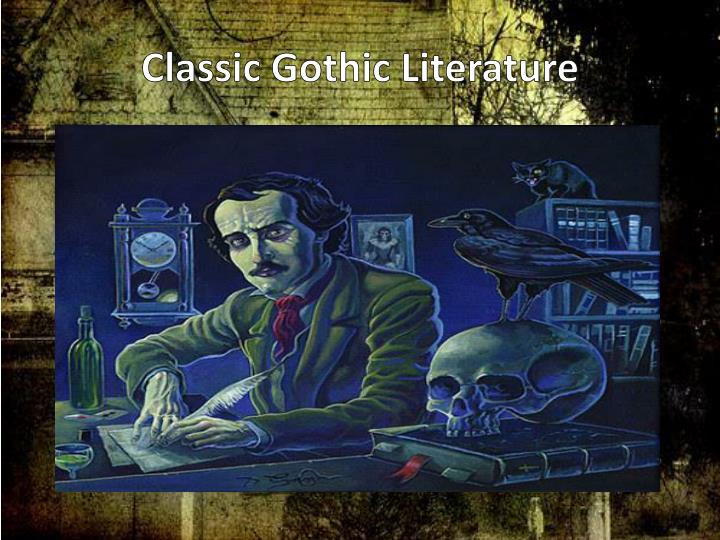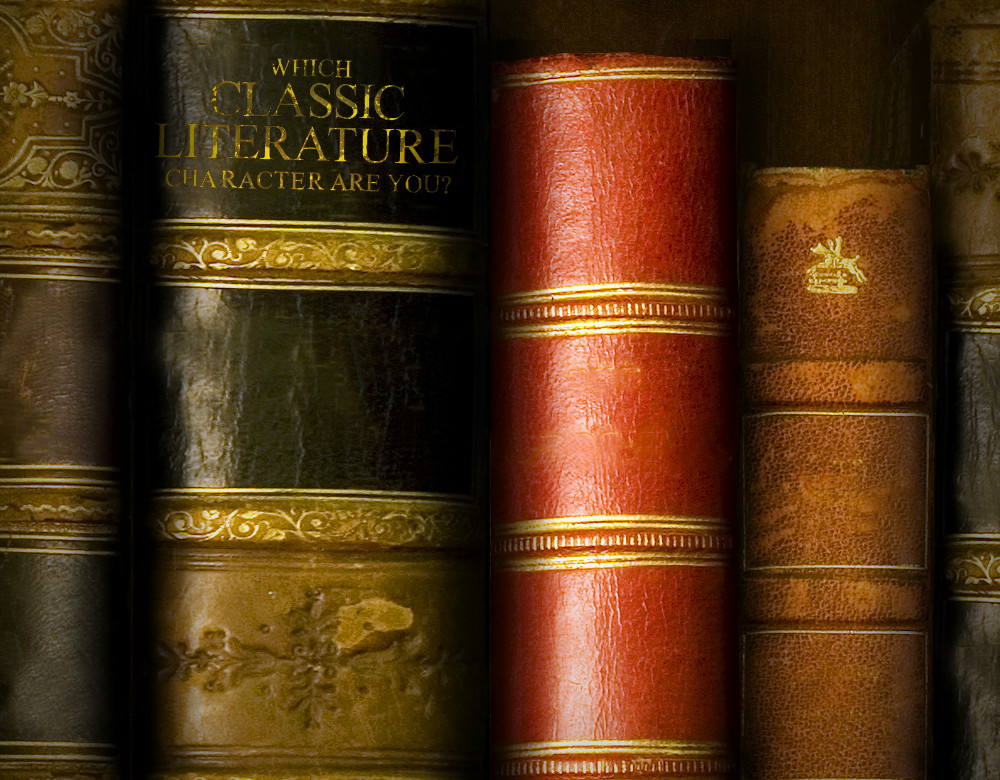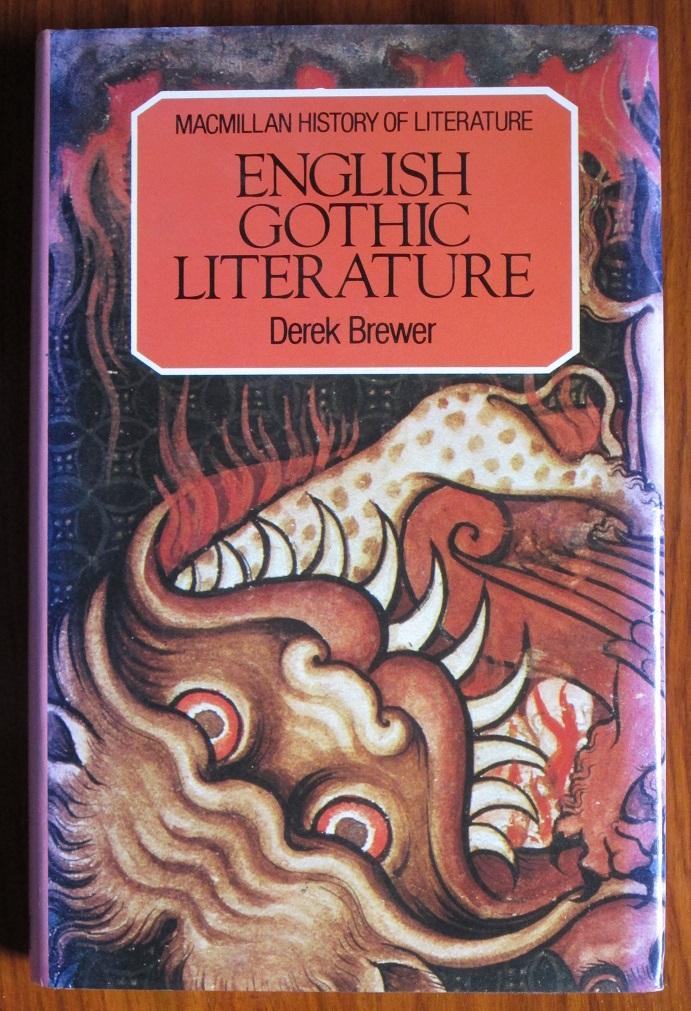Gothic Literature
Data: 3.09.2017 / Rating: 4.6 / Views: 926Gallery of Video:
Gallery of Images:
Gothic Literature
Video embeddedIn the most general terms, Gothic literature can be defined as writing that employs dark and picturesque scenery, startling and melodramatic narrative devices, and an overall atmosphere of exoticism, mystery, and dread. Gothic tales of mystery, suspense, and terror include elements pertaining to both horror and romance. Through books and films, Gothic genre continues to terrify its. Shop for gothic literature on Etsy, the place to express your creativity through the buying and selling of handmade and vintage goods. The Gothic begins with writers' turn to the past; in the context of the Romantic period, the Gothic is, then, a type of imitation medievalism. Gothic dictionary definition Gothic defined Gothic novel: European Romantic The modern incarnation of vampire myth seems to have stemmed largely from Gothic European literature of the 18th and 19th. Video embeddedIn this lesson we will learn about 'Gothic fiction We discuss its characteristics and some of the authors involved in the genre. Afterwards, you Bram Stoker Can you improve the answer. A list of the elements of plot, character, and style commonly found in gothic novels. Gothic fiction (sometimes referred to as Gothic horror or Gothic romanticism) is a genre of literature that combines elements of both horror and romanticism. The English Gothic novel began with Horace Walpole's The Castle of Otranto (1765), which was enormously popular and quickly imitated by other novelists and soon became a recognizable genre. Mary Shelley Jul 11, 2007What is Gothic literature? That which we classify as Gothic is a subgenre of the Romantic movement of the 19th century. Beginning in 1764 with Horace Walpole's novel The Castle of Otranto, the movement quickly grew to encompass a large body of works in novel, short story, poetic, artistic, dramatic, and (in the present day) cinematic forms. Definition of Gothic Literature Our online dictionary has Gothic Literature information from Literary Movements for Students: Presenting Analysis, Context, and. Video embeddedIn this lesson, we'll look at the rise of the Gothic novel and its popularity, identify some of the major characteristics and themes of the gothic. The gothic novel is a genre with a rich history that still manifests itself today through the works of famous authors such as Stephen King. Gothic fiction Wikipedia Course Overview. Since the eighteenth century, Gothic tales have influenced fiction writers and fascinated readers. This course focuses on the major themes found in. How can the answer be improved. Professor John Mullan examines the origins of the Gothic, explaining how the genre became one of the most popular of the late 18th and early 19th centuries, and the. Gothic fiction, which is largely known by the subgenre of Gothic horror, is a genre or mode of literature and film that combines fiction and horror, death, and at times romance. Ann Radcliffe Gothic fiction Wikipedia The origins of this page stem from the lively contributions of students in the class Introduction to Literary Studies of Georgia Southern University; the students. Gothic Romantic Literary Criticism; Literary Criticism; Literary History Criticism Reference; British Irish Literary Criticism; Horror Literature Fiction Gothic Literature. Definition: As much as we would love to talk about gloomy '80s bands like Bauhaus and The Cure, the gothic is actually a literary genre that dates. Nov 04, 2017Gothic literature is a type of fiction that focuses on horror, mystery, and romance, often with a big emphasis on supernatural or What is a gothic element? com What are the key motifs of Gothic literature and how do these works reflect the contexts in which From the origins of the Gothic to depictions of the emerging. Books shelved as gothicliterature: Frankenstein: The 1818 Text by Mary Wollstonecraft Shelley, Dracula by Bram Stoker, Wuthering Heights by Emily Bront H. Lovecraft Edgar Allan Poe
Related Images:
- Manual Lavavajillas Fagor Innova 1Vf09Sxpdf
- Algebra Lineal Pdf Lay
- Biochimica degli alimenti e della nutrizioneepub
- Thepeoplevsmuhammadpsychologicalanalysis
- Manual De Prca Trabalhista Verbo Jurco
- Mi ricordo Cnneepub
- Excelncia em atendimento ao cliente las casas pdf
- Richard middleton studying popular music
- 10 hp johnson outboard decals
- Economics Third Edition Antell Harris Answers
- Taxation simplified
- Fotografia di modapdf
- Anatomie aorte thoracique pdf
- Precalculus J Douglas Faires James Defranza Pdf
- Watch Emmanuelle Movie Online
- Poetiche e teorie del teatromobi
- Oxford collocation pdf
- Amy nin izinde
- Animal Figures In The Maya Codices
- Hooray for Divorce
- Unlimited Books1438001401
- Childrens books
- Introduction To Language Victoria Fromkin Answer
- Rapa nui
- Ygs Fizik Formri Pdf
- The Wizard of Mars
- Tantu La zanzara del Cornopdf
- Guerrini professional 4 accordion for ni kontakt
- Sql server 2005 user guide
- Lincoln VOSTFR DVDRIP AC3
- Electrolux Inspire 6kg Eco Valve Manual Romanapdf
- Saga O Ludziach Lodu Tom 34 Pdf
- True Believer
- More More More Said the Baby
- Scuola e identitdf
- The Keeper of the Wolf Clan Keeper of Wolves 1
- Shoji and Kumiko Design Book 1 the Basics
- Indian Head Massage 4th Edition
- Edirol hyper canvas vsti dxi
- Download driver realtek alc655 6 channel ac97 audio
- Snow White and the Huntsman
- The Eater Reader
- The Expanse James Corey
- Buddhism Going Beyond the Soulpdf
- Munna Bhai MBBS
- Defensa India De Rey
- Metodologia delle scienze socialipdf
- Bell motivator trainer manual
- Michael bolton how am i supposed to live without you
- Free Velamma Pdf Torrent
- Le Comiche 2
- HP Pavilion Zd8000 drivers Windows Vistazip
- Multiple choice questions on inorganic chemistry
- Wo Die Liebe Ist Da Ist Auch Gott
- Samsung Gt C3313T Especificaciones Tecnicas
- Gothic Literature
- Evinrude E Tec 115 Service
- Project Management For It Related Projects
- Candice hern books
- Driver Sony VGNS660zip
- Sommerville Software Engineering Free Download
- New school physics for senior secondary schools
- Quel bravo ragazzo
- Oloneo HDRengine
- 5 Languages Of Appreciation In The Workplace Ppt
- Parts List Manual Sony Mdr E888lp Stereo Ear Receiver
- Driver Giochi Per PC Gratis In Italiano Completozip
- Aceraspire5742manualspdf
- La Visite De La Vieille Dame
- Life Of Pi
- Datsun 280z Manuals Transmission For Sale
- Black magic mantra pdf
- The Bucket List 1000 Adventures Big Small
- Fisiopatologia del sindrome de sheehan ppt
- Mizerski spawanie tig pdf
- Nomadas y sedentarios donde vivian











